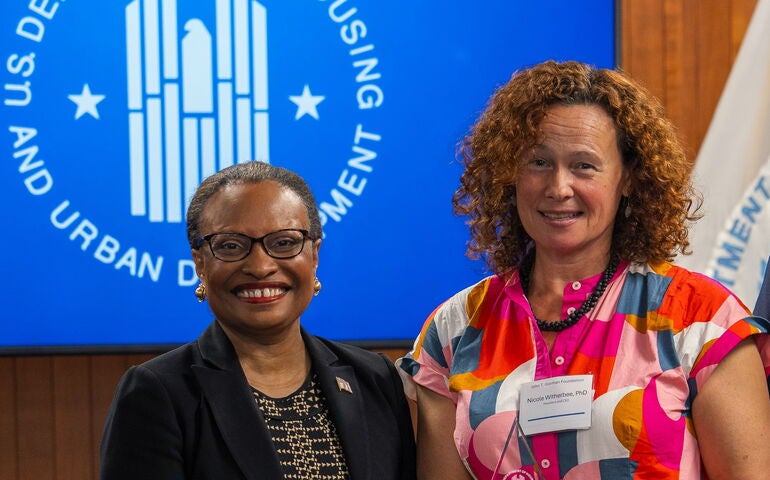Processing Your Payment
Please do not leave this page until complete. This can take a few moments.
- News
-
Editions
-
- Lists
-
Viewpoints
-
Our Events
-
Event Info
- Women's Leadership Forum 2025
- On the Road with Mainebiz in Bethel
- Health Care Forum 2025
- On The Road with Mainebiz in Greenville
- On The Road with Mainebiz in Waterville
- Small Business Forum 2025
- Outstanding Women in Business Reception 2025
- On The Road with Mainebiz in Bath
- 60 Ideas in 60 Minutes Portland 2025
- 40 Under 40 Awards Reception 2025
- On The Road with Mainebiz in Lewiston / Auburn
- 60 Ideas in 60 Minutes Bangor 2025
Award Honorees
- 2025 Business Leaders of the Year
- 2024 Women to Watch Honorees
- 2024 Business Leaders of the Year
- 2023 NextUp: 40 Under 40 Honorees
- 2023 Women to Watch Honorees
- 2023 Business Leaders of the Year
- 2022 NextUp: 40 Under 40 Honorees
- 2022 Women to Watch Honorees
- 2022 Business Leaders of the Year
-
-
Calendar
-
Biz Marketplace
- News
- Editions
- Lists
- Viewpoints
-
Our Events
Event Info
- View all Events
- Women's Leadership Forum 2025
- On the Road with Mainebiz in Bethel
- Health Care Forum 2025
- On The Road with Mainebiz in Greenville
- On The Road with Mainebiz in Waterville
- + More
Award Honorees
- 2025 Business Leaders of the Year
- 2024 Women to Watch Honorees
- 2024 Business Leaders of the Year
- 2023 NextUp: 40 Under 40 Honorees
- 2023 Women to Watch Honorees
- 2023 Business Leaders of the Year
- + More
- 2022 NextUp: 40 Under 40 Honorees
- 2022 Women to Watch Honorees
- 2022 Business Leaders of the Year
- Nomination Forms
- Calendar
- Biz Marketplace
John T. Gorman Foundation receives national recognition for Lewiston investment
 Photo / Courtesy John T. Gorman Foundation
JTG Foundation President and CEO Nicole Witherbee with Department of Housing and Urban Development Acting Secretary Adrianne Todman at a July 11 ceremony in Washington, D.C.
Photo / Courtesy John T. Gorman Foundation
JTG Foundation President and CEO Nicole Witherbee with Department of Housing and Urban Development Acting Secretary Adrianne Todman at a July 11 ceremony in Washington, D.C.
The John T. Gorman Foundation, a Portland nonprofit, received national recognition for its role in supporting a community partnership that is bringing new housing, economic opportunity and millions of dollars in public and private investment to Lewiston’s Tree Streets neighborhood.
The Department of Housing and Urban Development and Council on Foundations gave Gorman a Secretary’s Award for Public-Philanthropic Partnerships.
“From safer housing to more economic opportunities, this community partnership has produced incredible results in recent years — and a brighter future is still ahead,” said Nicole Witherbee, the foundation’s president and CEO.
Partners in the Tree Streets project include the city of Lewiston, Lewiston Housing, Avesta Housing, Maine Housing, St. Mary’s Health System, Healthy Neighborhoods, the Lewiston-Auburn Metropolitan Area Chamber of Commerce, Tree Street Youth, the Root Cellar and Maine Centers for Disease Control.
“For the past decade, the foundation’s support of the Lewiston Tree Street Initiative has yielded remarkable results — including 196 new affordable housing units, reduced lead exposure for young children, as well as a significant drop in juvenile arrests — and their efforts serve as a model for other organizations looking to effect positive change in communities across Maine,” said U.S. Sen. Susan Collins, R-Maine, who helped secure over $33 million in HUD funding for the project.
Background
The foundation has long supported community efforts in Lewiston — in particular, the 30-block area known as the Tree Streets.
While working on reading proficiency rates with the schools in the Tree Street neighborhood, the foundation learned that hundreds of children in the neighborhood had elevated lead levels.
At the time, the Tree Streets neighborhood had the highest rates of childhood lead poisoning and the lowest screening rates in Maine. The foundation began working alongside community partners to raise awareness about lead exposure, increase screenings and drive prevention and remediation efforts.
The foundation also funded programs to improve school performance, connect youth to programming and mentors, and strengthen workforce development.
The work eventually coalesced into a community effort to transform the neighborhood by improving housing, education and economic opportunities. The city and partners received a HUD Choice planning and action grant to develop a the “Growing Our Tree Streets Transformation Plan” and later received a $30 million Choice implementation grant. A
With additional public and private investment, the project has spurred new residential construction, including 94 units under construction, with 96 to break ground later this year; along with expansion of child care, increased access to health services, employment training partnerships and other neighborhood improvements and programming.













0 Comments